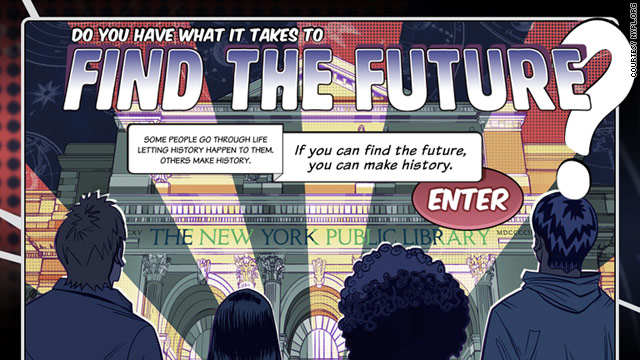My chili recipe is pretty easy. I like to start with the right ingredients: lean beef, dark red kidney beans, fresh peppers and onions in a tomato sauce base. A little salt, garlic powder and cayenne pepper contribute to the flavor.
After everything comes together, the chili needs to cook slowly over a low flame for a good long time to allow the flavors to cook together.
The evaluation phase of a creative project is like the simmering chili. The brain needs time to synthesize all of the inputs and connect the dots in a new and unique way.
After the initial research, after the brainstorming sessions, after reviewing the initial flowcharts and process documents, take a break. You need to allow the information to sink deep into your unconscious and simmer for a while. Your brain does its best work in quiet obscurity while you are concentrating on something else.
In The Man Who Invented the Computer
Atansoff had been working on concepts for a calculating machine for years and on that night in December 1937, he was frustrated and baffled. So he jumped in his car and drove from his office at Iowa State College across the flatlands of central Iowa, through the rolling hills of the Eastern Iowa, crossed the Mississippi river and stopped for a drink in Rock Island.
The concentration of driving and the change of scenery kept Atansoff’s mind off of the problems of computational design. But his unconscious mind was free to explore ideas in depth. As soon as he sat down in that roadhouse, all four of the key design features of the system came to him at once. He sketched his ideas on his napkin, finished his drink, drove back home and began the long process of putting his ideas into action.
Like Atansoff’s road trip, or the simmering chili, we need to give our ideas time and space to develop. Do the hard work first. Then relax for a while and let your mind work in peace.




















